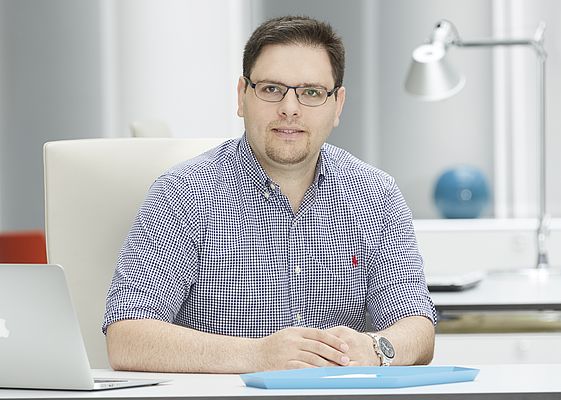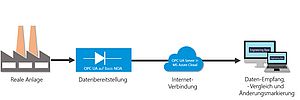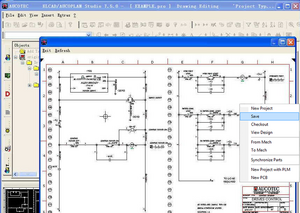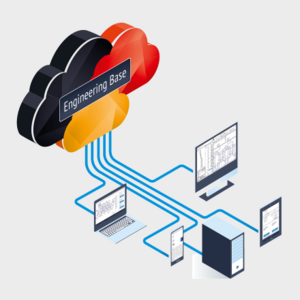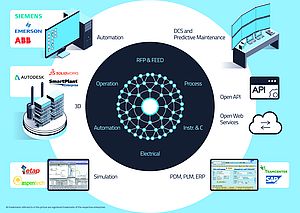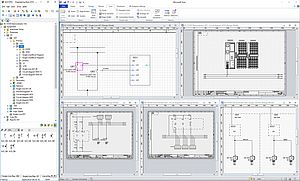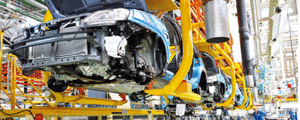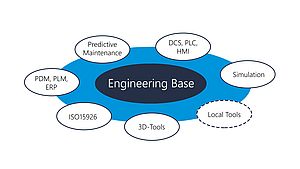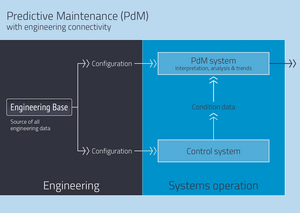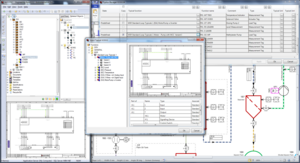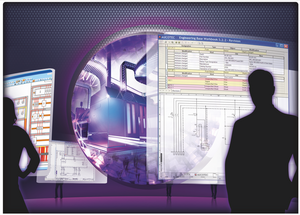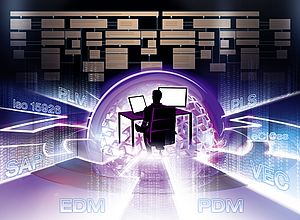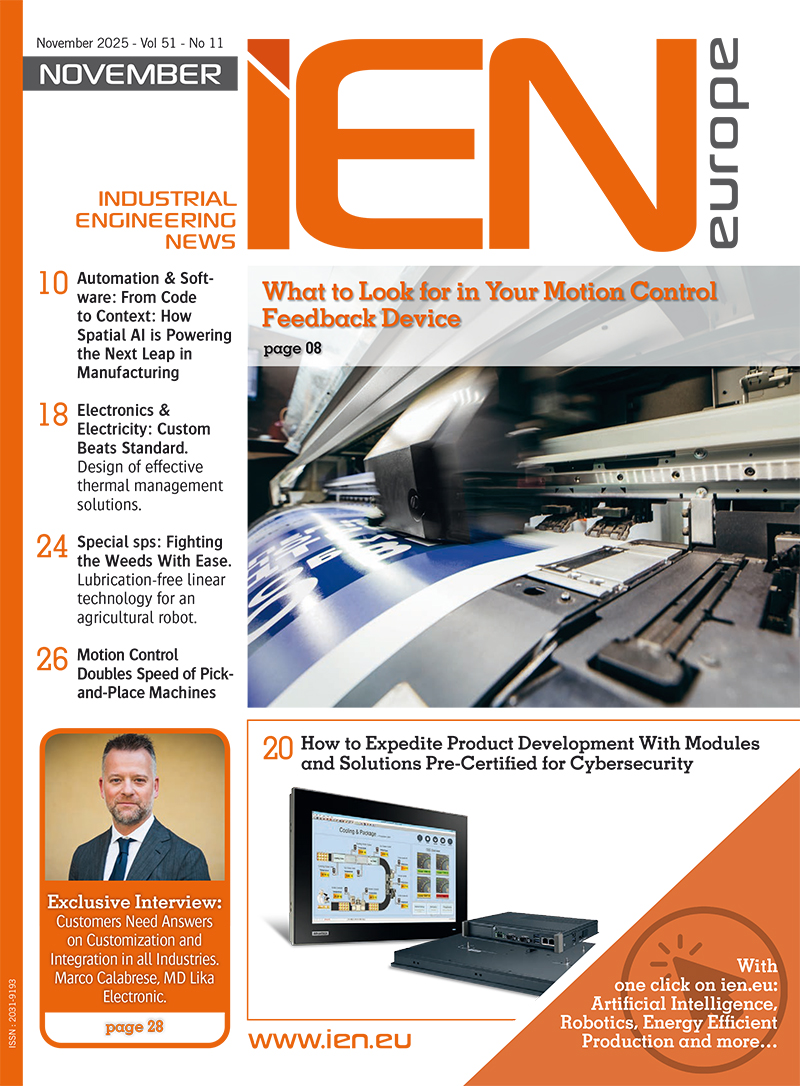Interview number 6 of our virtual round table: Dr. Pouria Bigvand, Director Product Management at Aucotec
IEN Europe: What are the main challenges when talking about digitalization? How to limit the side effects of the digital adoption?
Dr. P. Bigvand: One of the biggest challenges in the digitalization is to change the mindset of teams that will be affected. Some will see the news as a challenge, and some will see it as a new opportunity. The key factor that will help the bulk of the organization to follow the changes and not to feel left behind, is to explain them the reason behind the transformation.
IEN Europe: How much is digitalization part of your company’s strategy and why?
Dr. P. Bigvand: With its cooperation engineering platform, Aucotec is an enabler of digitalization for various industry sectors such as plant design in oil & gas, pharmaceutical, mining and minerals etc. have used Engineering Base (Product of Aucotec) as their fundament for the full digitalization and beyond.
IEN Europe: Digital thread or digital threat? What’s your opinion?
Dr. P. Bigvand: Digital Thread is defined as the creation and use of a digital agent of a system to allow dynamic, real-time assessment of the system's current and future capabilities. This can allow designers of machines and processes to have more precise understanding of the behaviour of their production plant and also better prediction of its future. Such concept is far from being a threat.
IEN Europe: What’s the role of IoT in today’s factory? Why is it so important to undertake the digital transition?
Dr. P. Bigvand: The ultimate method of production optimization, both considering quality and quantity of production is only imaginable if all the elements of the production chain achieve their optimal state with respect to other elements and overall process. Such state can be reached by effective communication between these elements and an intelligence to orchestrate it overall. Most of IoT endeavours around the world are now targeting towards creation of such environment and eventually increasing the efficacy of production or in other words, reducing the energy consumption and pollution worldwide. In near future, a factory with no IoT will not be considered as a truly living factory but just a running factory!
Sara Ibrahim



